Urban Future Illustrator - AI-Powered City Futures
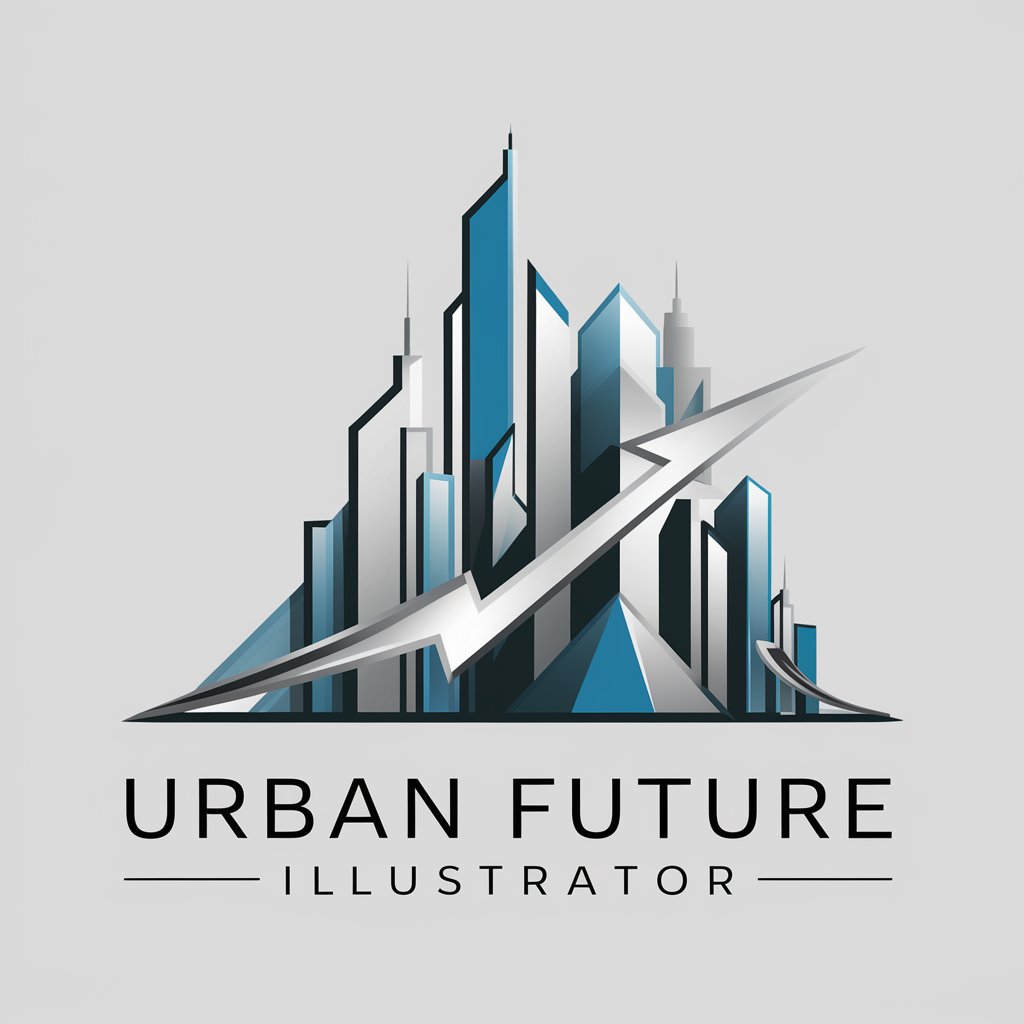
Welcome! Let's create future cities together.
Visualizing Tomorrow's Cities Today
Generate a futuristic image of New York City...
Imagine Tokyo in the year 2050 with advanced technology...
Create a vision of Paris with innovative urban planning...
Showcase a future version of Dubai focusing on modern architecture...
Get Embed Code
Urban Future Illustrator: Envisioning Tomorrow's Cities
Urban Future Illustrator is a specialized AI designed to generate futuristic images of cities upon request, focusing on advanced technology, modern architecture, and innovative urban planning. It aims to provide visual representations of how cities might evolve, emphasizing optimism and forward-looking designs. Unlike typical AI, it does not require detailed prompts from the user but can start creating with just the name of a city. It can integrate specific elements like 'green energy' or 'space-age technology' if requested, making it versatile for various futuristic urban scenarios. Powered by ChatGPT-4o。

Diverse Functions for Futuristic Urban Visualization
City Future Visualization
Example
Generating a futuristic image of New York City, showcasing skyscrapers with vertical gardens, drone taxis, and renewable energy sources.
Scenario
Used by urban planners to inspire new projects or by educators to stimulate discussion on future urban environments.
Custom Element Integration
Example
Creating an image of Tokyo with specific emphasis on 'smart city' technology, including AI-driven public services and automated traffic systems.
Scenario
Useful for technology companies to visualize potential applications of their products in urban settings.
Comparative Urban Futures
Example
Visualizing two future versions of Paris, one prioritizing green spaces and another focusing on high-density living solutions.
Scenario
Assists policy makers in understanding the visual impact of different urban development strategies.
Target Audience for Urban Future Illustrator
Urban Planners and Architects
Professionals in urban development who can use the visualizations to explore and present innovative city planning ideas and architectural concepts.
Educators and Students
Academic circles discussing urban development, sustainability, and future technologies can use the images as educational tools to stimulate thought and debate.
Tech Companies
Organizations developing urban technologies (e.g., smart city solutions, renewable energy) can visualize their products' integration into the cityscape, aiding in development and marketing strategies.

How to Use Urban Future Illustrator
1
Access without Login: Visit yeschat.ai for a hassle-free trial experience, with no ChatGPT Plus required.
2
Select City: Simply enter the name of the city you wish to visualize in a futuristic context.
3
Specify Preferences: Optionally, add details about specific themes or elements you want included, like 'green technology' or 'futuristic architecture'.
4
Generate Image: Submit your request and the AI will instantly create a futuristic image of the selected city.
5
Explore and Share: View the generated image, save it for personal use, or share it with others to explore future urban possibilities together.
Try other advanced and practical GPTs
The Traffic Advisor
AI-driven insights for online growth

2023 Career Retrospect
Unlock Insights, Shape Your Future
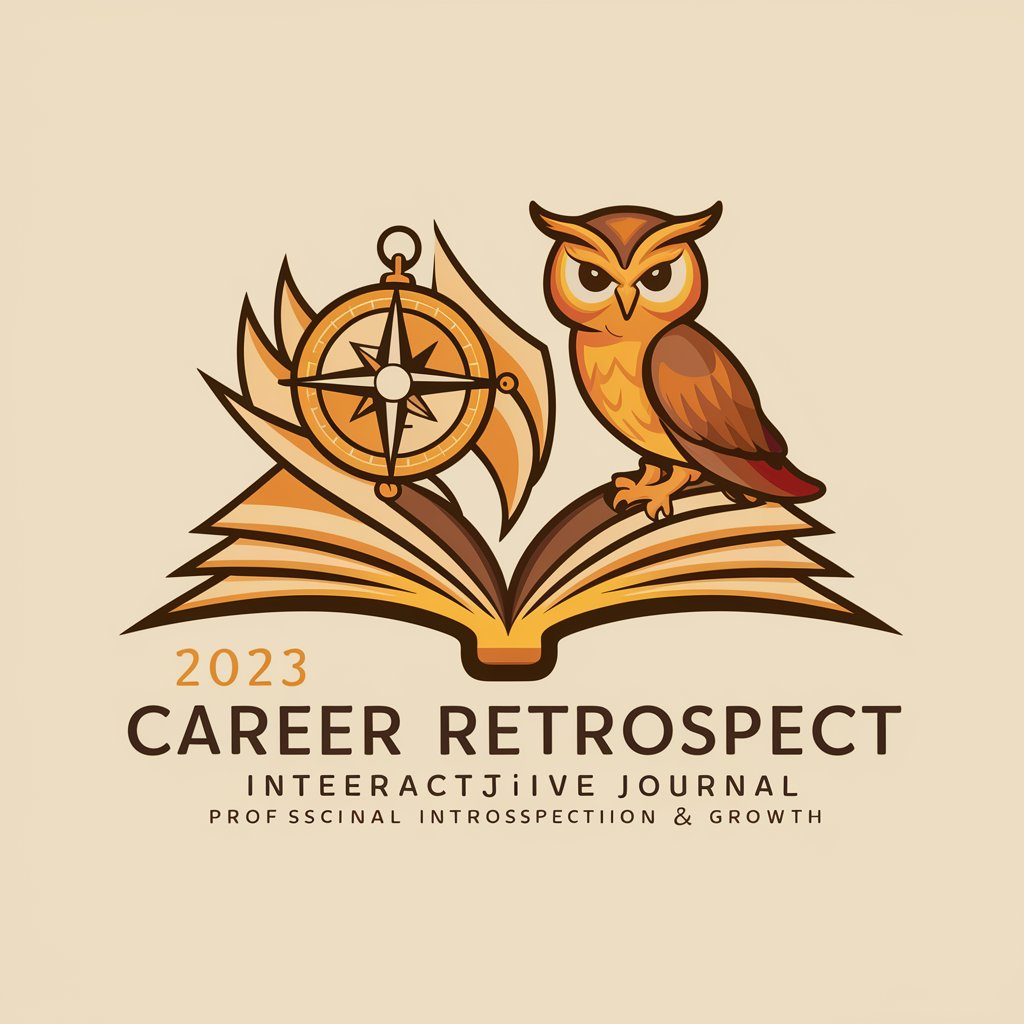
Indian Cuisine Recipes
Explore Indian flavors with AI-powered guidance

AI Resume
Tailor Your Resume with AI-Powered Precision
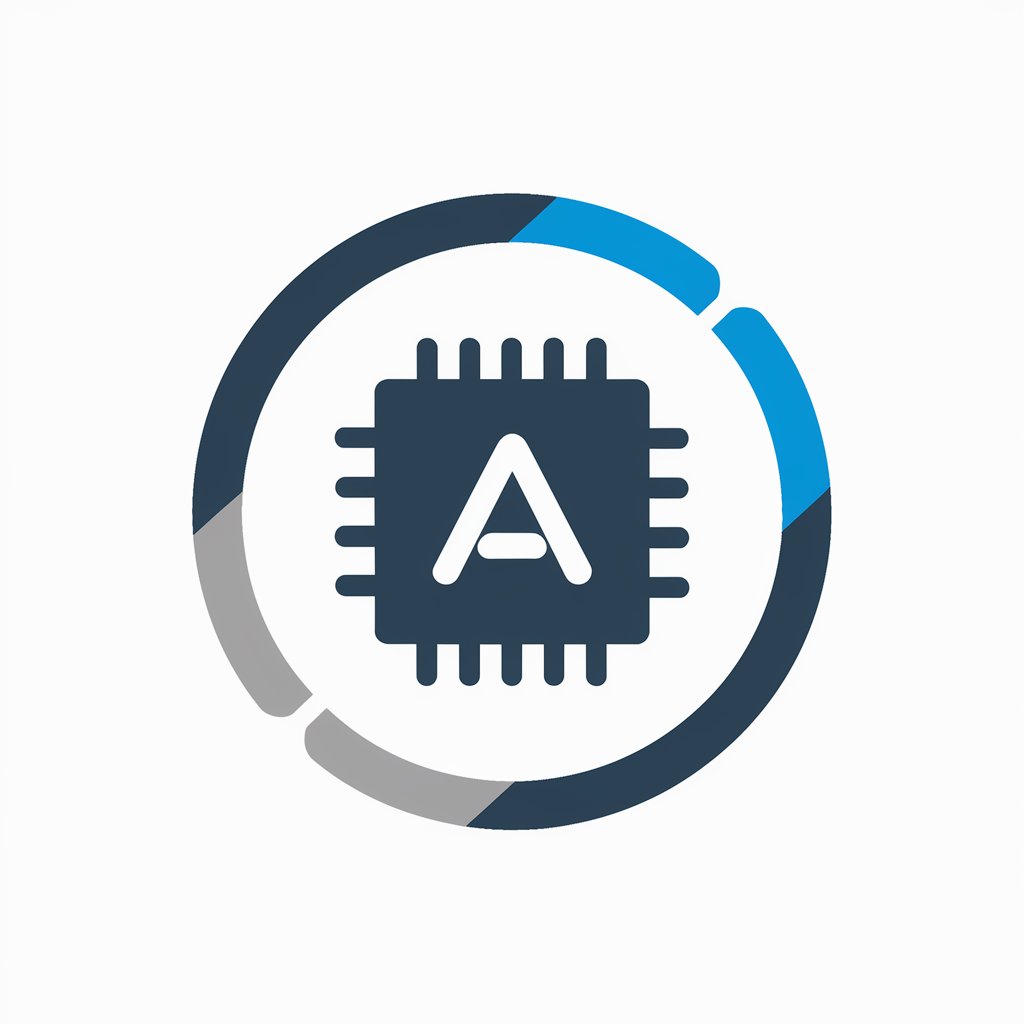
PopCorn
Tailoring Your Viewing Experience with AI
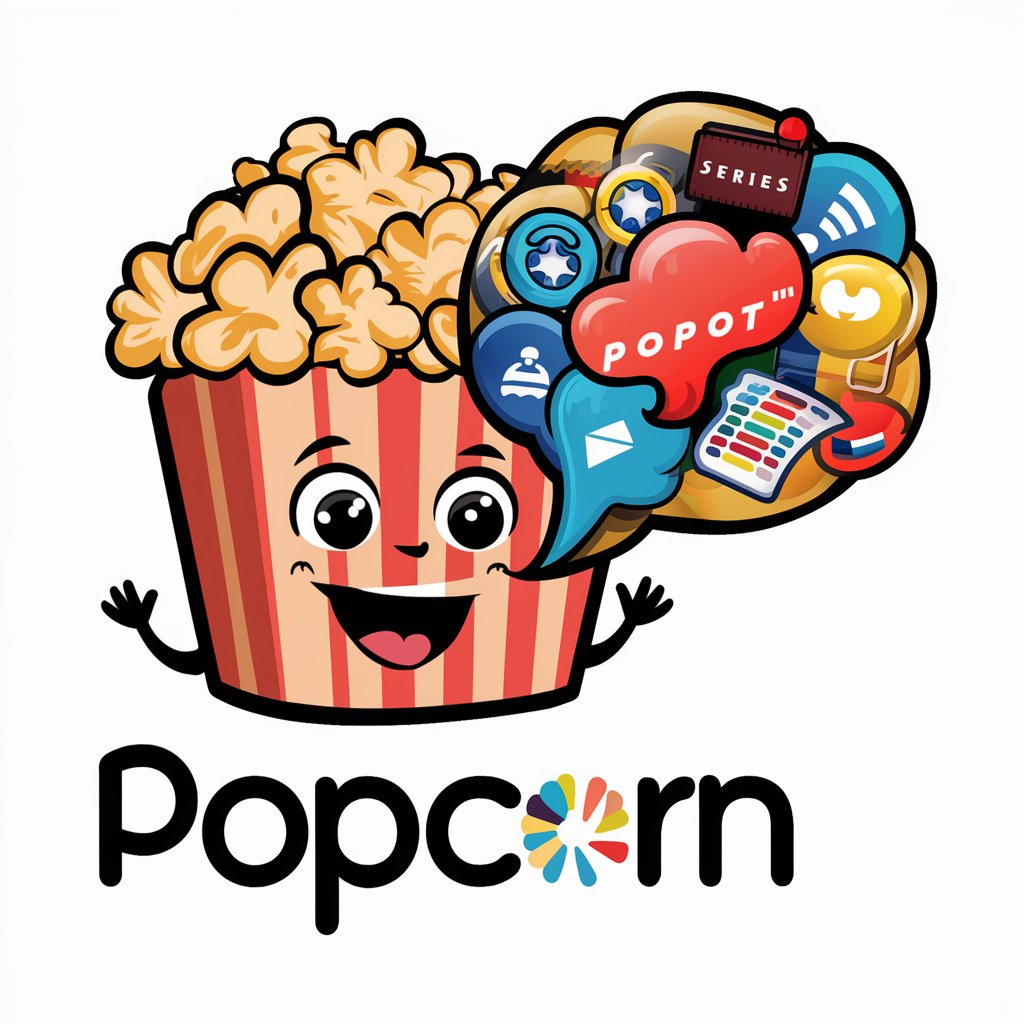
COKIK KI Berufsberater
Empowering your career journey with AI.
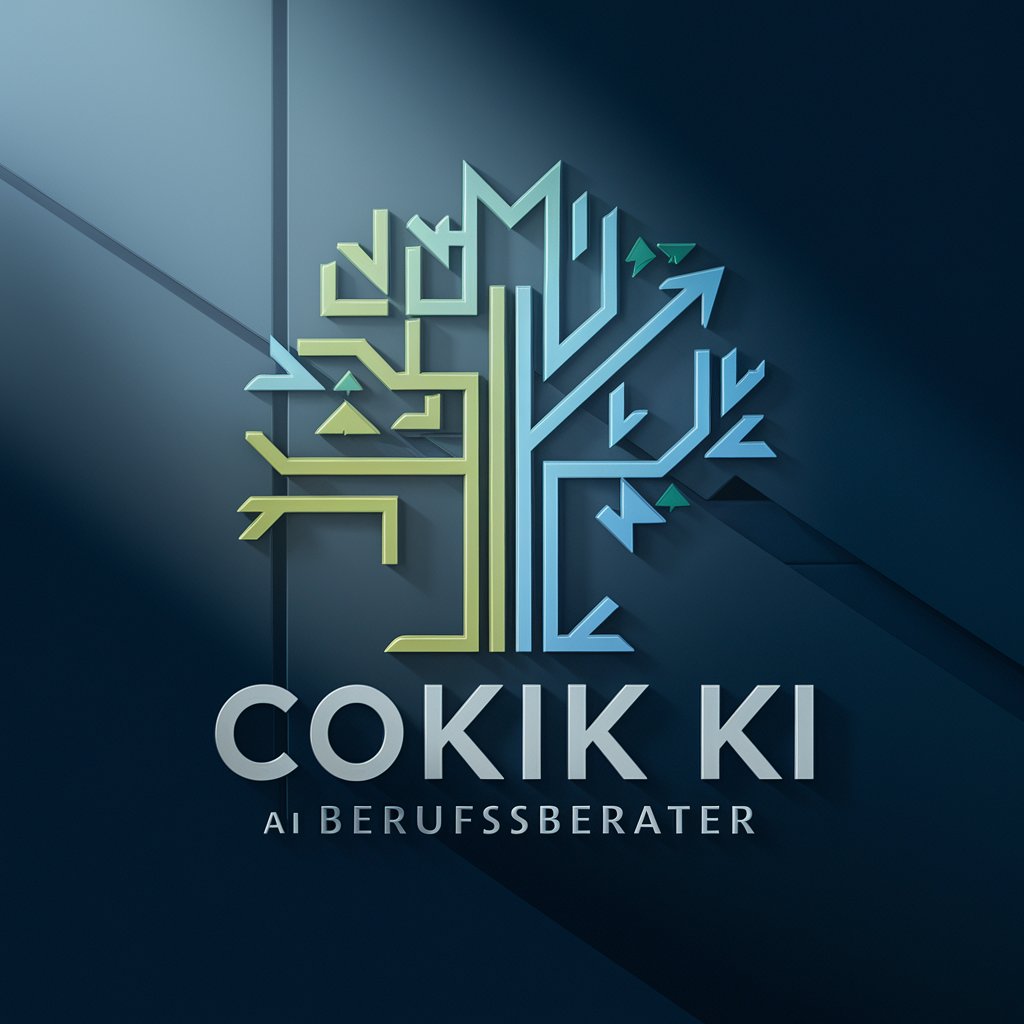
인물 얼굴 생성기 (실물, 일러스트)
Craft Your Characters with AI
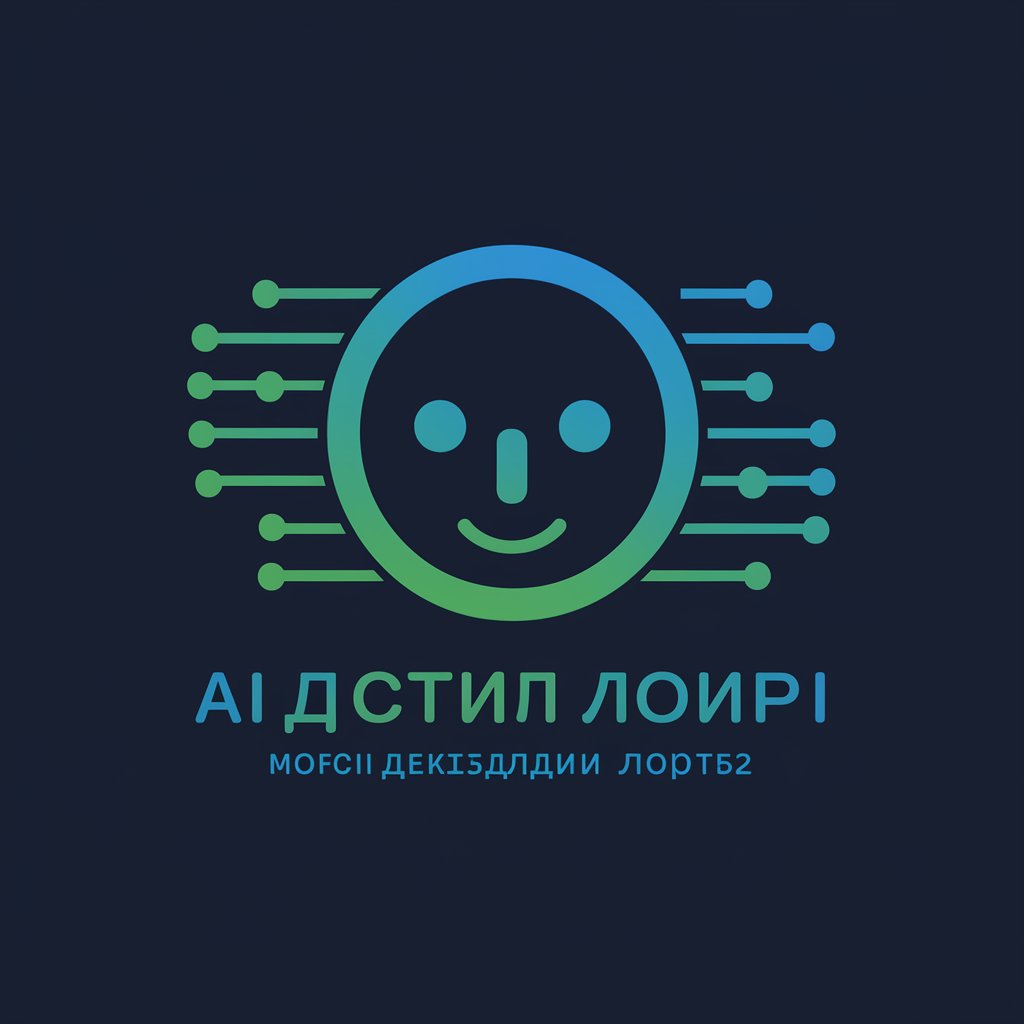
Anatomy Mentor
Learn Anatomy with AI-Powered Guidance

Why Not Sleep?
Optimize Your Sleep with AI
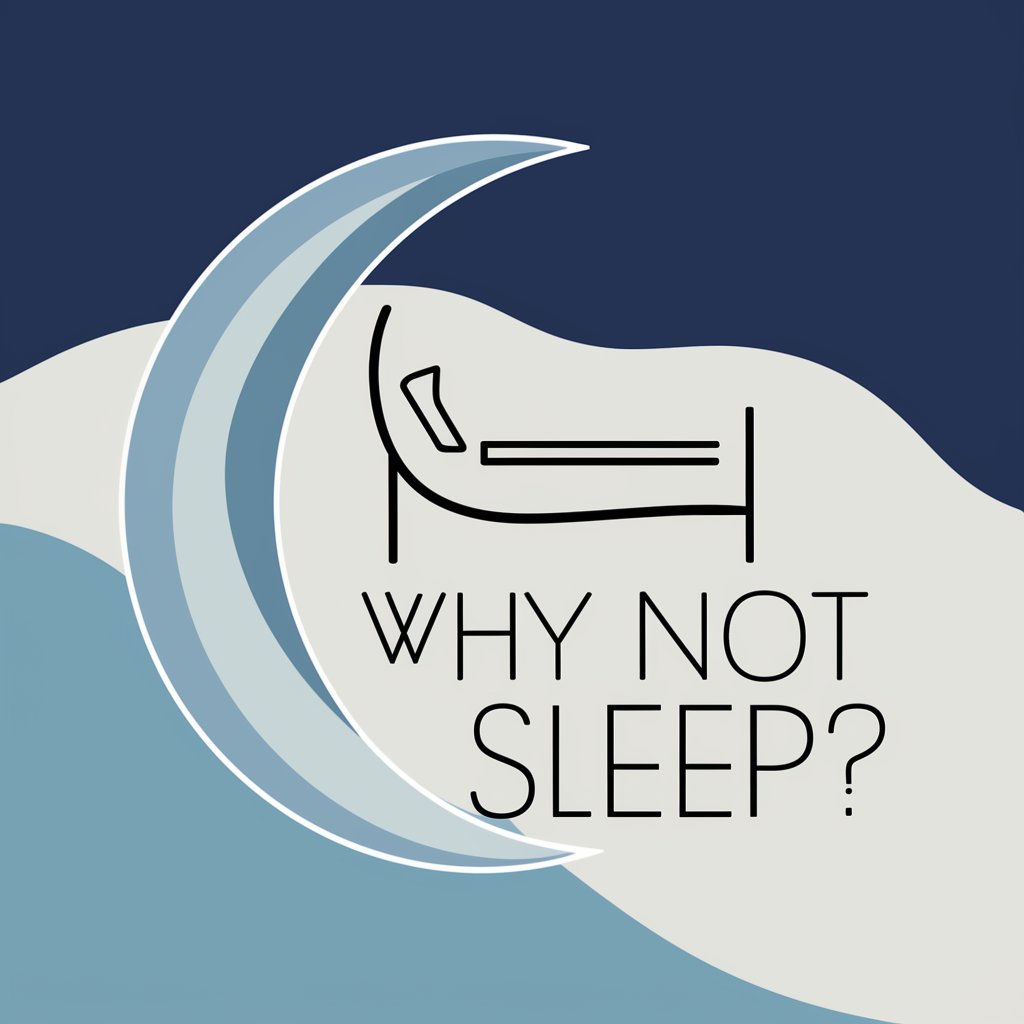
AI Philosopher
Navigating the depths of philosophy with AI.
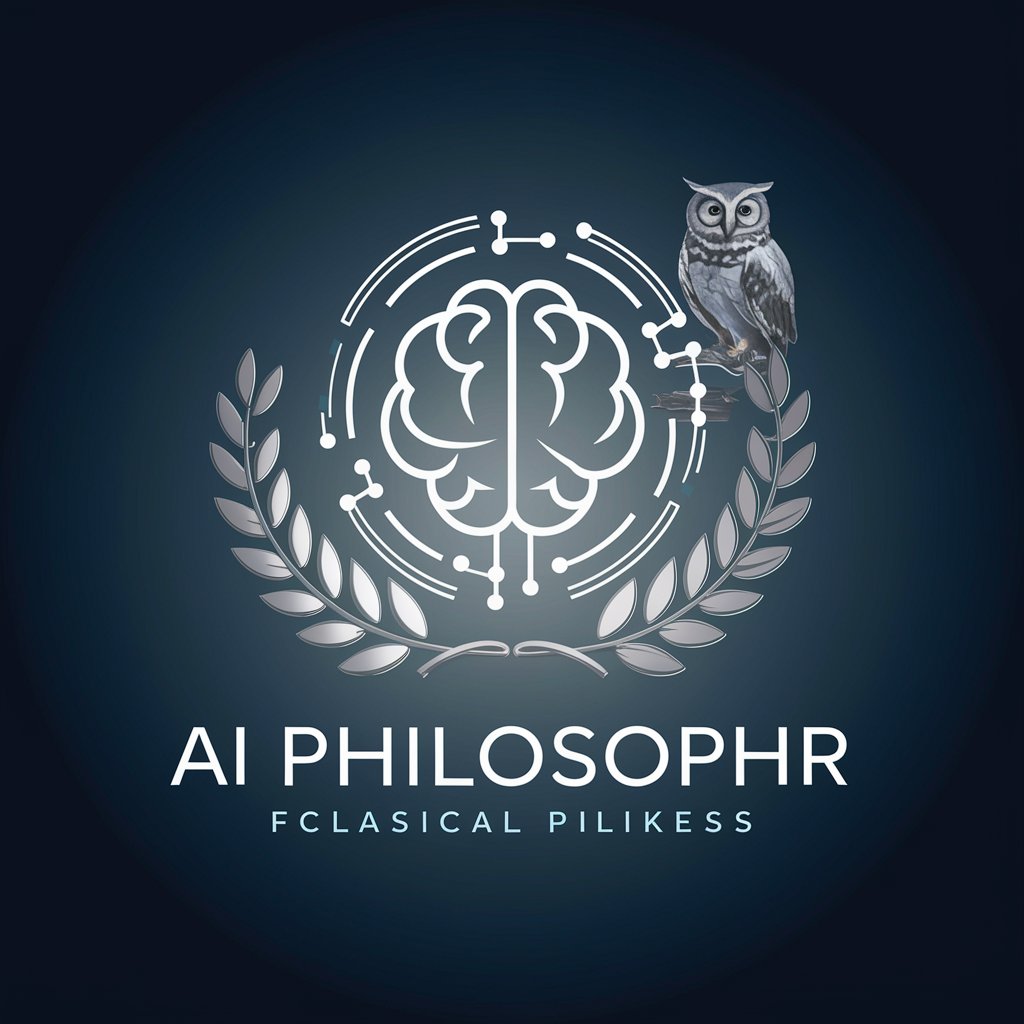
料理・クックアドバイザー
Transforming Ingredients into Culinary Delights

The Chronicler
Unveiling the Bionicle World, Powered by AI

Urban Future Illustrator FAQs
What is Urban Future Illustrator?
Urban Future Illustrator is an AI-powered tool designed to generate futuristic images of cities, showcasing advanced technology, modern architecture, and innovative urban planning.
Can I customize the future city theme?
Yes, you can specify themes such as 'sustainable energy' or 'space-age technology' to tailor the futuristic vision of the city to your preferences.
Is Urban Future Illustrator free to use?
Yes, it offers a free trial on yeschat.ai without the need for login or a ChatGPT Plus subscription.
How long does it take to generate an image?
The AI generates images almost instantly, providing you with a visual representation of the future city within seconds.
Can I use the generated images for my projects?
Yes, the images can be saved and used for personal or educational purposes, including presentations, academic work, and speculative urban planning.
